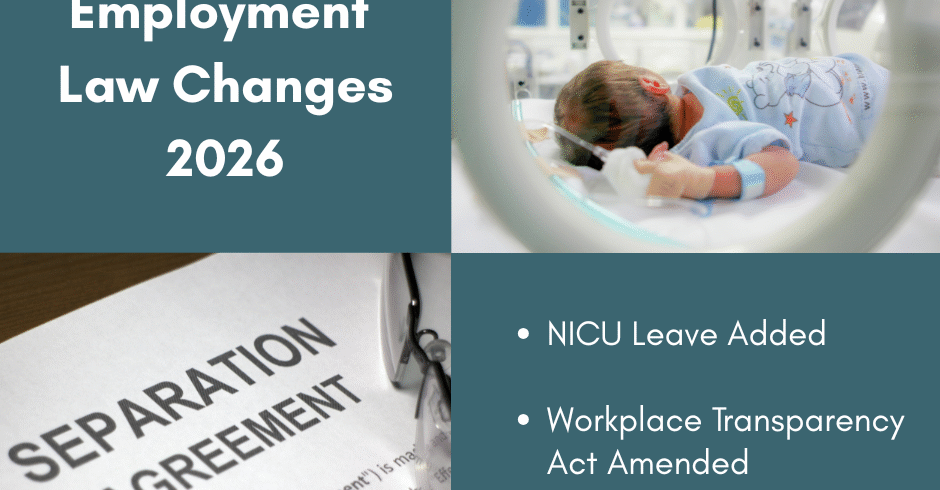For businesses and/or individuals with matters pending in Federal Court, there may be an impact on scheduling matters with the Court due to the partial government shutdown. If the party is the United States government, the impact of the shutdown will be determined by the United States Attorney office for that district. The longer the shutdown, the more likely it will result in delay. Of course that may be either “good” or “bad” depending upon the particular strategy for any given case.
The Administrative Office of the U.S. Courts states it has funding through the end of the month. This just in:
“The Administrative Office of the U.S. Courts (AO) now estimates that federal courts can sustain funded operations through Jan. 31, 2019. The Judiciary continues to explore ways to conserve funds so it can sustain paid operations through Feb. 1. No further extensions beyond Feb. 1 will be possible. The Judiciary previously had revised its estimate for exhausting available funds from Jan. 18 to Jan. 25.
The extensions have been achieved through a multi-pronged strategy of deferring non-critical operating costs and utilizing court filing fees and other available balances. Most of the measures are temporary stopgaps, and the Judiciary will face many deferred payment obligations after the partial government shutdown ends.
In recent weeks, courts and federal public defender offices have delayed or deferred non-mission critical expenses, such as new hires, non-case related travel, and certain contracts. Judiciary employees are reporting to work and currently are in full-pay status.
Should funding run out before Congress enacts a new continuing resolution or full-year funding, the Judiciary would operate under the terms of the Anti-Deficiency Act, which permits mission critical work. This includes activities to support the exercise of the courts’ constitutional powers under Article III, specifically the resolution of cases and related services. Each court would determine the staff necessary to support its mission critical work.
In response to requests by the Department of Justice, some federal courts have issued orders suspending or postponing civil cases in which the government is a party, and others have declined to do so. Such orders are published on court internet sites. Courts will continue to conduct criminal trials.
The Case Management/Electronic Case Files (CM/ECF) system remains in operation for electronic filing of documents, as does PACER, which enables the public to read court documents.
Courts have been encouraged to work with their district’s U.S. Attorney, U.S. Marshal, and Federal Protective Service staff to discuss service levels required to maintain court operations. The General Services Administration has begun to reduce operations and courts are working with their local building managers to mitigate the impact on services.”
https://www.uscourts.gov/news/2019/01/22/judiciary-has-funds-operate-through-jan-31
About the Author

Brian P. Williams, a Co-Managing Partner at Kahn, Dees, Donovan & Kahn, LLP, in Evansville, Indiana, has practiced business litigation, economic development, contract and employment litigation, real estate, estate planning and trust litigation for over 30 years. He brings a keen understanding of people and organizations to his legal practice. Brian is an effective advocate for his clients in the court room or at the mediation table, as well as an effective advocate for a new business seeking to locate in this community. Honed from service as a private practitioner, federal magistrate, industrial foundation officer, federal law clerk, and civic leader, Brian’s analytical skills empower clients to more swiftly reach durable solutions.






